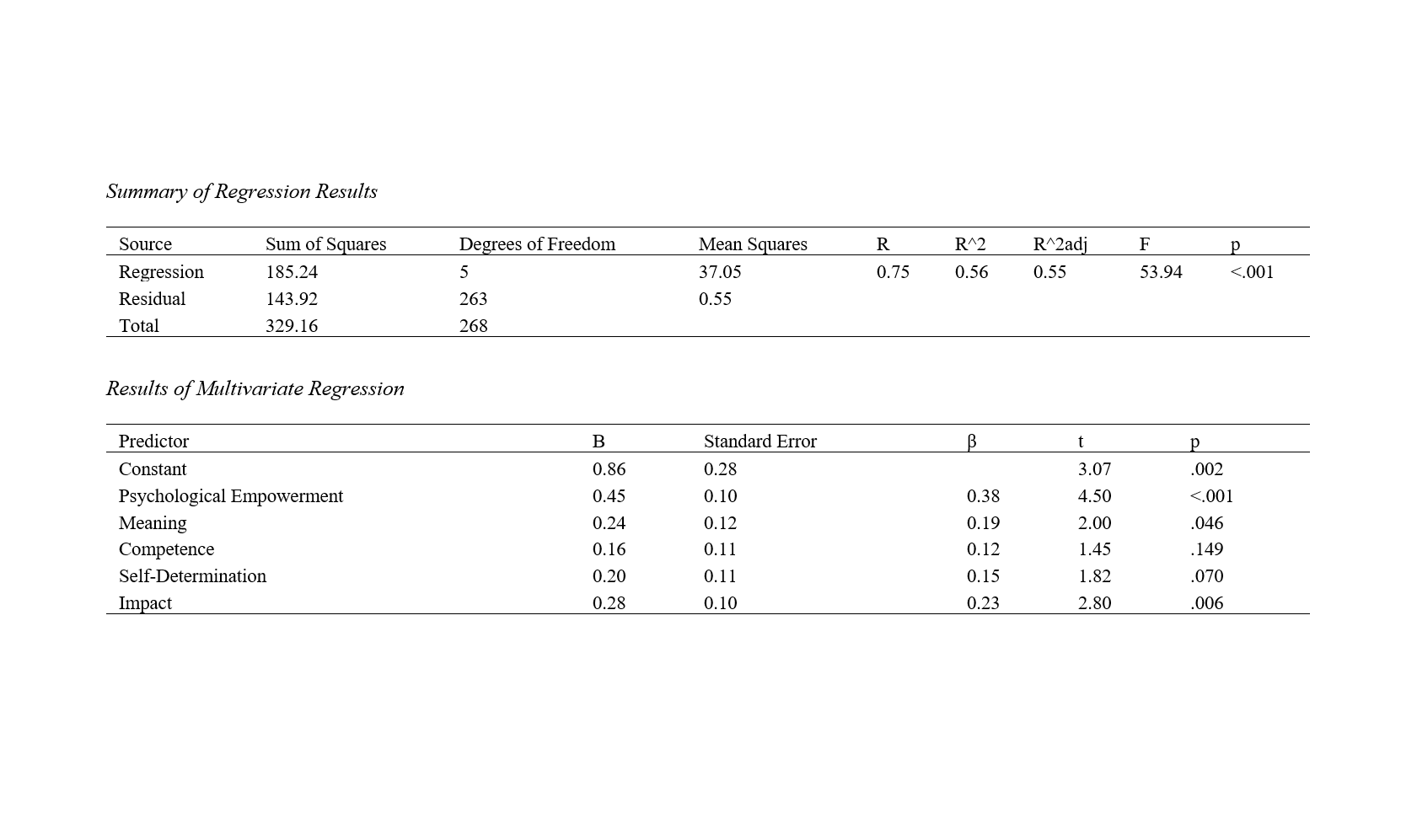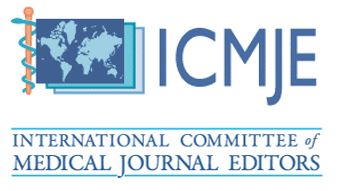Investigating the Impact of Psychological Employee Empowerment on Job Embeddedness of Human Resources in National Sports Federations
Keywords:
Psychological Empowerment, Job Embeddedness, National Sports Federations, Employee Retention, Organizational BehaviorAbstract
This study aims to investigate the impact of employee empowerment on job embeddedness among human resources in national sports federations. A cross-sectional design was employed, with a sample size of 269 participants selected from 901 employees in national sports federations using stratified random sampling. Psychological empowerment was measured using Spreitzer's Psychological Empowerment Instrument, while job embeddedness was assessed using Mitchell et al.'s Job Embeddedness Questionnaire. Data were analyzed using SPSS-27, applying Pearson correlation to explore relationships between variables and linear regression to predict job embeddedness from psychological empowerment and its subscales. Descriptive statistics revealed mean scores of 5.32 (SD = 0.85) for psychological empowerment and 4.89 (SD = 0.91) for job embeddedness. Significant positive correlations were found between job embeddedness and psychological empowerment (r = 0.61, p < .01), as well as its subscales. Regression analysis indicated that psychological empowerment (β = 0.38, p < .001), meaning (β = 0.19, p = .046), and impact (β = 0.23, p = .006) significantly predicted job embeddedness, explaining 56% of the variance (R^2 = 0.56, F(5, 263) = 53.94, p < .001). The study confirms the significant positive impact of psychological empowerment on job embeddedness among employees in national sports federations. Empowerment initiatives that enhance employees' sense of meaning and impact are particularly effective in promoting job embeddedness. These findings underscore the importance of creating empowering work environments to improve employee retention and organizational performance in sports federations.
Downloads

Downloads
Additional Files
Published
License

This work is licensed under a Creative Commons Attribution-NonCommercial 4.0 International License.

























